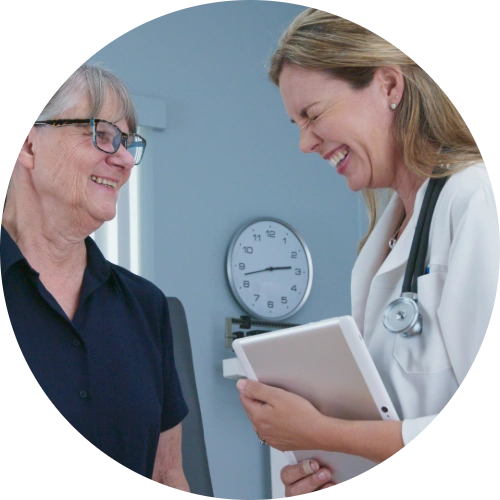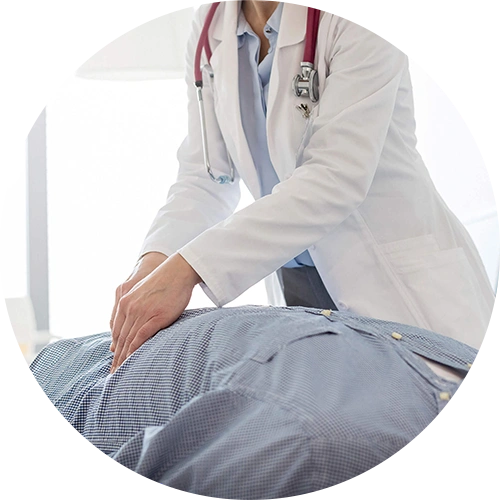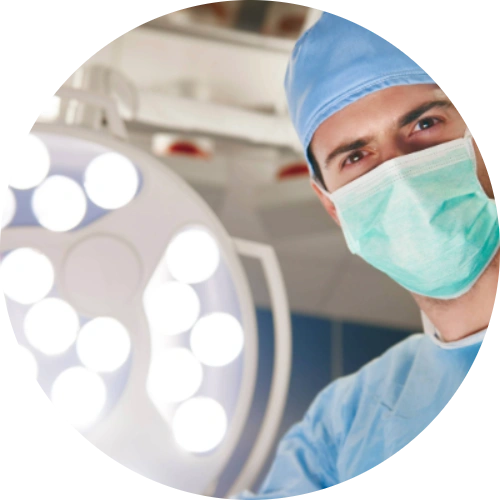Acid Reflux (GERD)

Acid reflux, also known as gastroesophageal reflux disease (GERD), occurs when stomach acid flows back into the esophagus, causing irritation and recurring heartburn or discomfort.
Quick Facts
- GERD is a chronic form of acid reflux
- Symptoms often worsen after eating or when lying down
- Can affect people of all ages
- Lifestyle changes and medications are often effective
- Untreated GERD may lead to esophageal damage over time
Symptoms of Acid Reflux
Common symptoms of acid reflux and GERD include:
- Heartburn or burning chest discomfort
- Regurgitation of food or sour liquid
- Difficulty swallowing
- Chest pain not related to the heart
- Chronic cough or throat irritation
- Hoarseness or a sensation of a lump in the throat
What Causes Acid Reflux?
Acid reflux occurs when the lower esophageal sphincter (LES) weakens or relaxes inappropriately, allowing stomach contents to move upward. Causes may include:
- Weak or dysfunctional lower esophageal sphincter
- Overeating or lying down soon after meals
- Obesity or increased abdominal pressure
- Hiatal hernia
- Certain foods, beverages, or medications
Symptoms of Acid Reflux
You may be at higher risk for acid reflux or GERD if you:
- Are overweight or obese
- Smoke or use tobacco products
- Consume trigger foods or beverages regularly
- Are pregnant
- Have certain digestive or connective tissue disorders
Treatment Options for Acid Reflux
Treatment for acid reflux and GERD depends on severity and may include:
- Lifestyle and dietary changes
- Antacids or acid-reducing medications
- Prescription medications to reduce stomach acid
- Weight management strategies
- Surgical or minimally invasive procedures for severe or persistent cases
Specialties That Treat This Condition
What To Do Next?
If symptoms persist or interfere with daily life, a healthcare provider can help evaluate the cause and discuss appropriate next steps.
Medical Disclaimer: This content is provided for general educational and informational purposes only and does not constitute medical advice, diagnosis, or treatment. Conditions and treatment options vary by individual. Always consult a qualified healthcare provider regarding symptoms or medical concerns.



